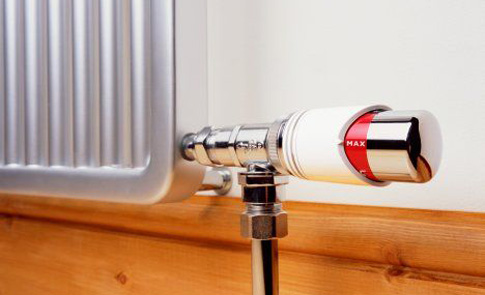In 1970, the UK used one-fifth less energy than Britons consume today. How is this possible, given the ever-growing fervent push toward environmental, ecological and climate change awareness that’s taken place over the past two decades? With power costs soaring beyond manageable points, and shoppers desperate to find the lowest tariffs, it is now more critical than ever to begin an energy comparison exercise at home.
The Looming Energy Threat
A year ago, Britons were so worried about the rising costs of energy that it became the top concern of British consumers. It appears that concern was rightfully placed, given that new reports have been released indicating that utility bills are rising so sharply, the monthly costs for energy could eclipse housing payments in the next five years.* Despite this fear, the period of January – April 2013 saw an 18% increase of natural gas consumption over the same period of time last year. Admittedly, there was a severe cold snap which may have triggered the increased usage, just as some utility companies raised their rates in anticipation of a harsh winter and chilly spring.**
As it happens, overall UK energy usage increased 18% over a period of four decades, ending in 2009. Part of this increase can be assigned to the increased number of appliances and electronic gadgets that have been increasingly adopted over the years. But increasingly improved energy-saving measures have been available for the past couple of decades, and those should have made more of an impact on the overall trend. So why has the chart continued to spiral upwards? ***
Behavior Affects the Pocketbook
Consumers today want and expect more comfort than preceding generations demanded. Turning the thermostat up high, taking longer showers and leaving all manner of electronics plugged in and running at all times seems to be more of the norm nowadays. “Always on and always connected” is a mantra used by technology companies as a selling point, rather than a warning. It used to be that families spent about a third of their income on groceries. Yet, food costs have necessarily taken a far backseat in recent years to housing, transportation, child care and, of course, energy costs.
Only so much price checking and comparison shopping can be done to reduce the per kilowatt hour costs of energy. There comes a point at which it is crucial to investigate all the many small ways that energy is wasted by the consumer, and that point has clearly arrived.
A Day in the Life of an Energy Miser
From the moment your alarm goes off, how much energy do you use judiciously and how much is frivolous? Follow the fictional Bob and see if you thought of the same opportunities to reduce energy waste:
Bob awakens to his alarm and airs out his bedclothes to keep them fresher between fewer launderings. He showers thoroughly but quickly, spraying the tub walls with cleanser as he finishes, to avoid additional water usage in cleaning the shower separately. Eschewing the power razor and power toothbrush for manual models to save electricity, Bob grooms himself with sufficient lighting without screwing in six light bulbs in the overhead fixture when only two are necessary. He doesn’t let the water run continually, but fills the basin with enough warm water to serve the purpose and then shuts off the taps (he could even dump that used “gray” water into his garden on the way out the door). Once he’s dressed, he turns the home thermostat off, since he’ll be gone all day. After breakfast, he unplugs the coffee maker and other small appliances in order to avoid their minute, yet active and continual power drain. Before he leaves home, he ensures that all lights are out, transoms are opened to release hot air in warm weather, and thick draperies are pulled closed to retain warmth in cool weather. An automatic timer on his LED porch lamp will ensure he has a safe entry upon returning in the evening, provided efficiently and inexpensively.
You’ll notice that Bob’s morning wasn’t all that different from what you might expect. It’s the little things that can add up to making a big difference.
Be Like Bob
So start noticing and taking action with the little things. Get tips from your gas, electric and water providers that can guide you through the process of becoming an energy detective. A personalized energy comparison performed by yourself on your own habits is the first step to reducing your household’s overall energy consumption.
Author Sam Jones advises people that prices comparison website, uSwitch has energy comparison information to help you carry out your own energy edit and save on energy costs.
